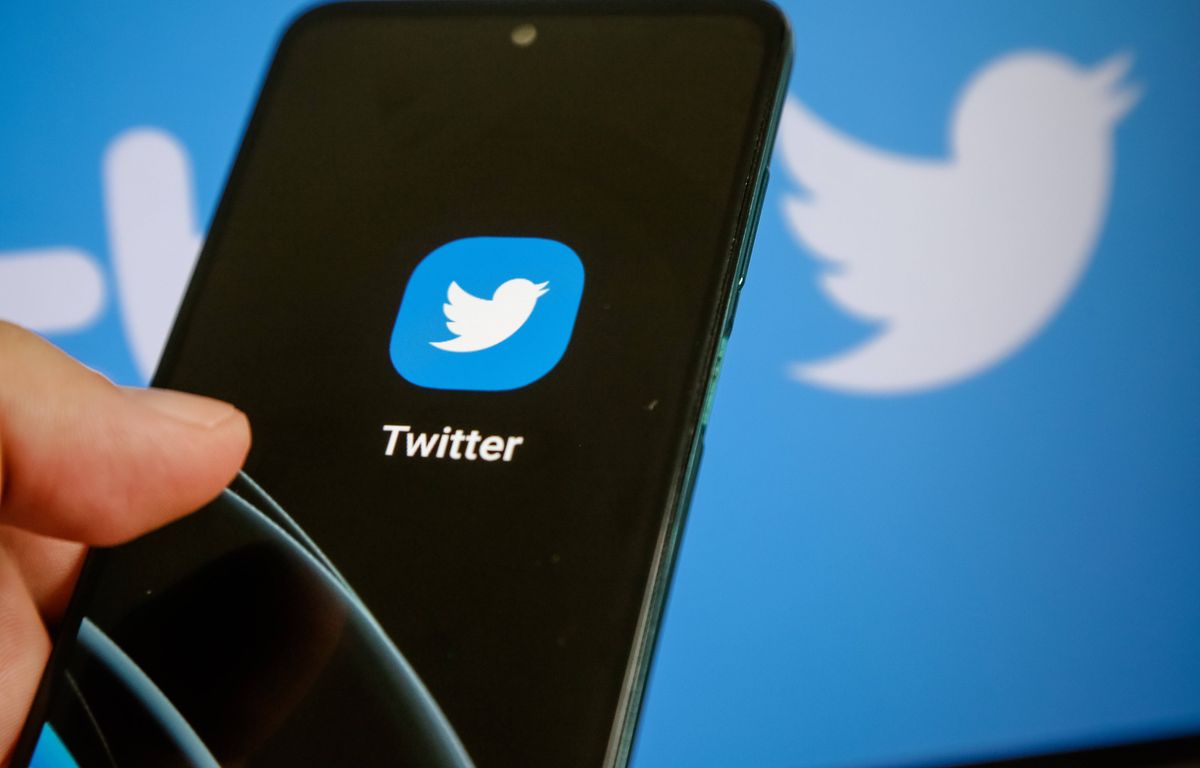Since Elon Musk's takeover of Twitter, climate denial has been rampant. To avoid waves of hate on the social network, some scientists prefer to leave it. Peter Gleick, a climate and water expert who has been followed by nearly 99,000 people on Twitter, announced on May 21 that he would no longer post messages on the platform, accusing it of amplifying racism and sexism.
The researcher says he is used to "aggressive, personal and ad hominem attacks, up to direct physical threats". But, he told AFP, "in recent months, since the arrival of the new owner and the changes at Twitter, the amount and intensity of assaults has skyrocketed."
Since buying Twitter six months ago, billionaire Elon Musk has eased the moderation of problematic content and let back previously banned personalities, such as Donald Trump. Robert Rohde of Berkeley Earth also analyzed the activity of hundreds of accounts of highly followed climate scientists before and after the purchase of Twitter. He concluded that these tweets no longer had the same resonance: the average number of "likes" (to mark approval) dropped by 38% and they were retweeted 40% less often.
Moderation that leaves something to be desired
Andrew Dessler, a professor of atmospheric science at Texas A&M University, has decided to postpone most of his climate communication to another platform called Substack. "Climate communications on Twitter are less useful (now) because I see that my tweets get less engagement," he says.
"In response to almost any tweet about climate change, I'm inundated with replies from verified accounts with misleading or misinformed claims," he said. Others have simply abandoned Twitter. Katharine Hayhoe calculates that of the 3,000 climate scientists she has listed, 100 disappeared after the firm was bought from the blue bird.
- Sciences

